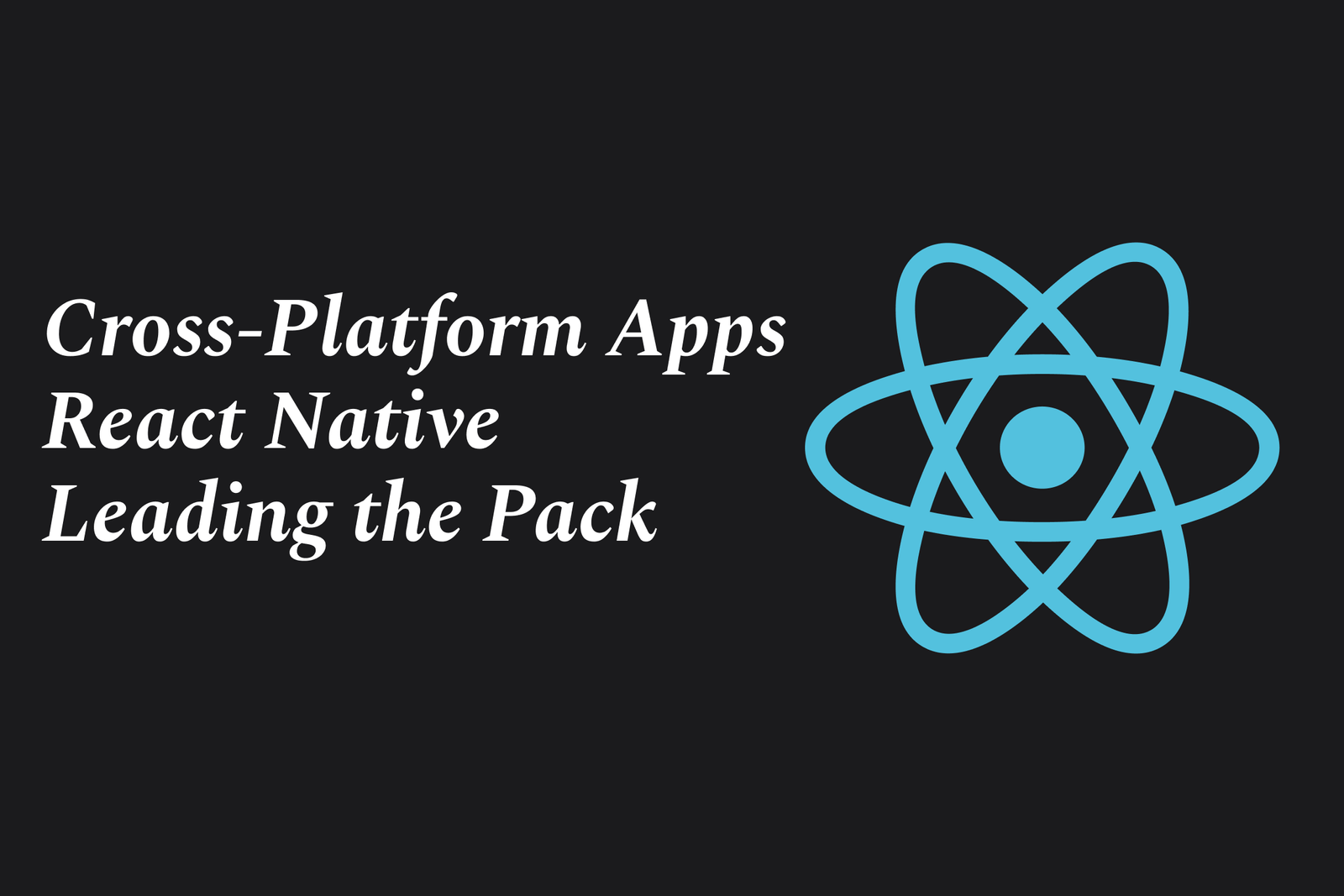Cross-Platform Apps: React Native Leading the Pack
Cross-platform apps enable developers to build mobile applications for multiple platforms using a single codebase. React Native leads this space by allowing seamless, native-like experiences on both iOS and Android, boosting development speed and reducing costs without sacrificing performance.
Cross Platform Apps: React Native Leading the Pack
1 ) Challenges in React Native Development
React Native is widely favored for cross platform mobile app development, but developers often face hurdles. The JavaScript ecosystem, while powerful, can feel overwhelming. A major issue is the lack of official components and ready made solutions, which leads to a fragmented development experience. Developers must frequently piece together third party libraries and tools to fill in these gaps.
2 ) Ecosystem and Fragmentation Concerns
The dependency on multiple external packages and community driven components means developers must deal with inconsistent quality and maintenance. This fragmentation results in longer development times and occasional integration challenges, which can hamper productivity and app stability.
3 ) React Native’s Popularity and Future Prospects
Despite these challenges, React Native remains a top choice for cross platform apps due to its ability to build native like experiences using a single codebase. It enables faster development cycles and reduces costs compared to building separate native apps. Continued improvements and a maturing ecosystem promise to address current pain points and solidify React Native's position in the market.
Summary:
React Native leads the cross platform app development arena by offering a cost effective and efficient framework. However, developers encounter obstacles stemming from ecosystem fragmentation and a shortage of official components. Addressing these will be key to enhancing the React Native developer experience moving forward.
https://justacademy.in/news-detail/flutter-and-tensorflow-lite-examples
https://justacademy.in/news-detail/react-native?s-latest-animation-libraries-will-blow-your-mind
https://justacademy.in/news-detail/android-malware-protection-improvements
https://justacademy.in/news-detail/flutter-europe-2025-announcements
https://justacademy.in/news-detail/android-system-permissions-overview
Related Posts
Java supports GDPR and data privacy by enabling secure data handling through encryption, controlled access, and precise data management. It allows developers to minimize PII exposure, ensure data confidentiality, and design workflows that comply with data protection regulations effectively.
Java code quality tools have evolved to include advanced static analysis, integrated security checks, and AI-powered code reviews. These updates help developers detect bugs, enforce coding standards, and enhance security, streamlining the development process and improving overall code reliability.
Java remains a cornerstone in big tech companies, evolving with modern features like records, pattern matching, and virtual threads. Its robust ecosystem, enhanced performance, and growing AI integrations keep it vital for both legacy systems and innovative new projects.
Java and CI/CD pipeline optimizations streamline Java application development by automating builds, tests, and deployments. They improve efficiency through parallelization, caching, and secure secrets management, enabling faster feedback loops and more reliable, scalable software delivery.
Java supports modern cryptography standards through its flexible Java Cryptography Architecture (JCA), enabling integration of advanced algorithms like AES, EdDSA, and post-quantum tools. Libraries like Bouncy Castle offer FIPS-certified, hardware-accelerated implementations for secure development.
Java 23 enhances record patterns by enabling concise, direct destructuring of record components within pattern matching, simplifying type checks and data extraction. This improvement boosts code readability and expressiveness by reducing boilerplate in handling immutable data classes.
Java remains a top choice for mobile app backends, powering scalable, secure, and high-performance server-side solutions. Latest trends include cloud-native microservices, reactive programming, and enhanced JVM optimizations, enabling efficient, flexible, and robust mobile backend development.
Java SE 24 and LTS Java SE 21 offer enhanced features and performance, while Apache Spark 4.0.0 introduces Scala 2.13 support and advanced ML and SQL capabilities. Together, they empower developers to build scalable, high-performance data applications with modern tools.
JUnit 5 modernizes Java testing with a modular architecture, improved assertions, and seamless Java 8+ support. Beyond JUnit, tools like Mockito and AssertJ enhance mocking and assertions, creating a powerful, flexible ecosystem for writing clean, efficient Java unit tests.
Java plays a pivotal role in cloud automation tools by providing a robust, platform-independent language used to build scalable automation frameworks like Jenkins and Selenium, enabling efficient CI/CD pipelines, testing, and orchestration across diverse cloud environments.










